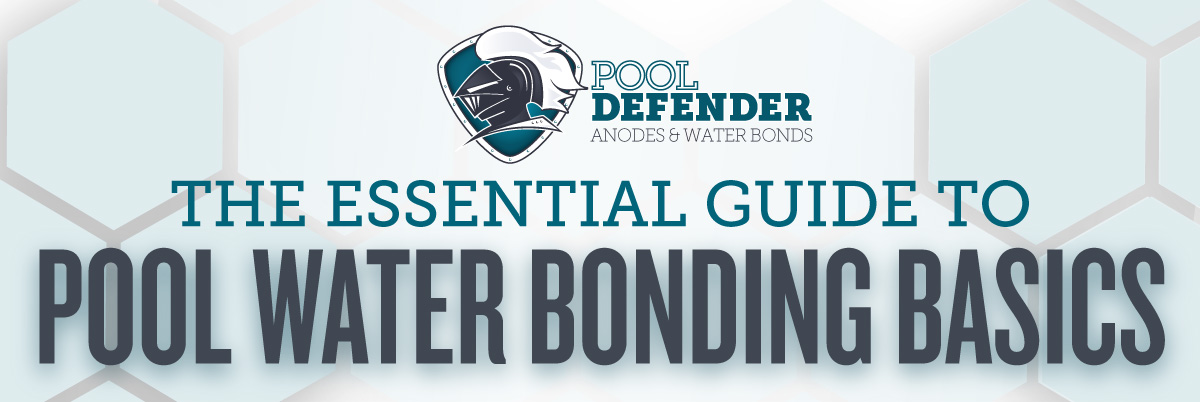I'm starting my in-ground pool (a DIY) at the end of next month, and I'm working with my inspector now, on water bonding. He wants me to use the in skimmer bonding plate that you have to drill thru the skimmer. I look at this being an issue where it could possibly leak down the road with this being a salt water pool causing the metal to rust out. Plus it's in an area I cannot get to later down the road, with it being under concrete. So my question there is... Am I over thinking that part, and it will not rust out a few years down the road, and be an issue?
I wanted to use this PB-2008 Water Bonding Fitting near the pool equipment where it can be maintenance in the future. I'm not sure why the inspector is against it, if they are both NEC approved for water bonding.
With all of that said I seen in a early thread when searching through the threads, when you bond the light niche it also bonds the water (maybe I read that wrong). I will have a Hayward Pool light Niche, but I cannot find anywhere that states it also bonds the water. If, the pool light nitche is already bonding the water, and I can show him this, maybe I don't have to drill thru my skimmer.
TIA,
I wanted to use this PB-2008 Water Bonding Fitting near the pool equipment where it can be maintenance in the future. I'm not sure why the inspector is against it, if they are both NEC approved for water bonding.
With all of that said I seen in a early thread when searching through the threads, when you bond the light niche it also bonds the water (maybe I read that wrong). I will have a Hayward Pool light Niche, but I cannot find anywhere that states it also bonds the water. If, the pool light nitche is already bonding the water, and I can show him this, maybe I don't have to drill thru my skimmer.
TIA,


